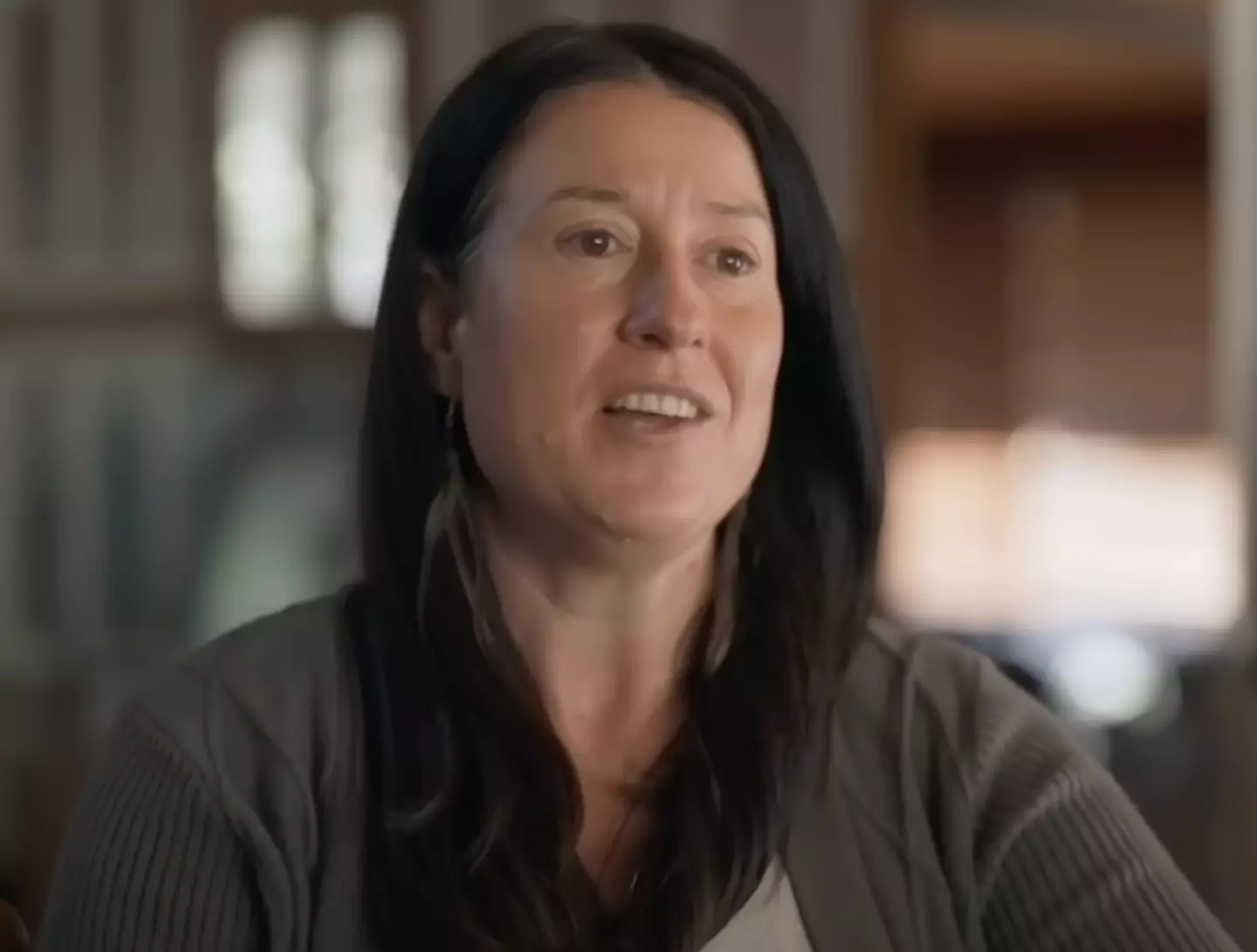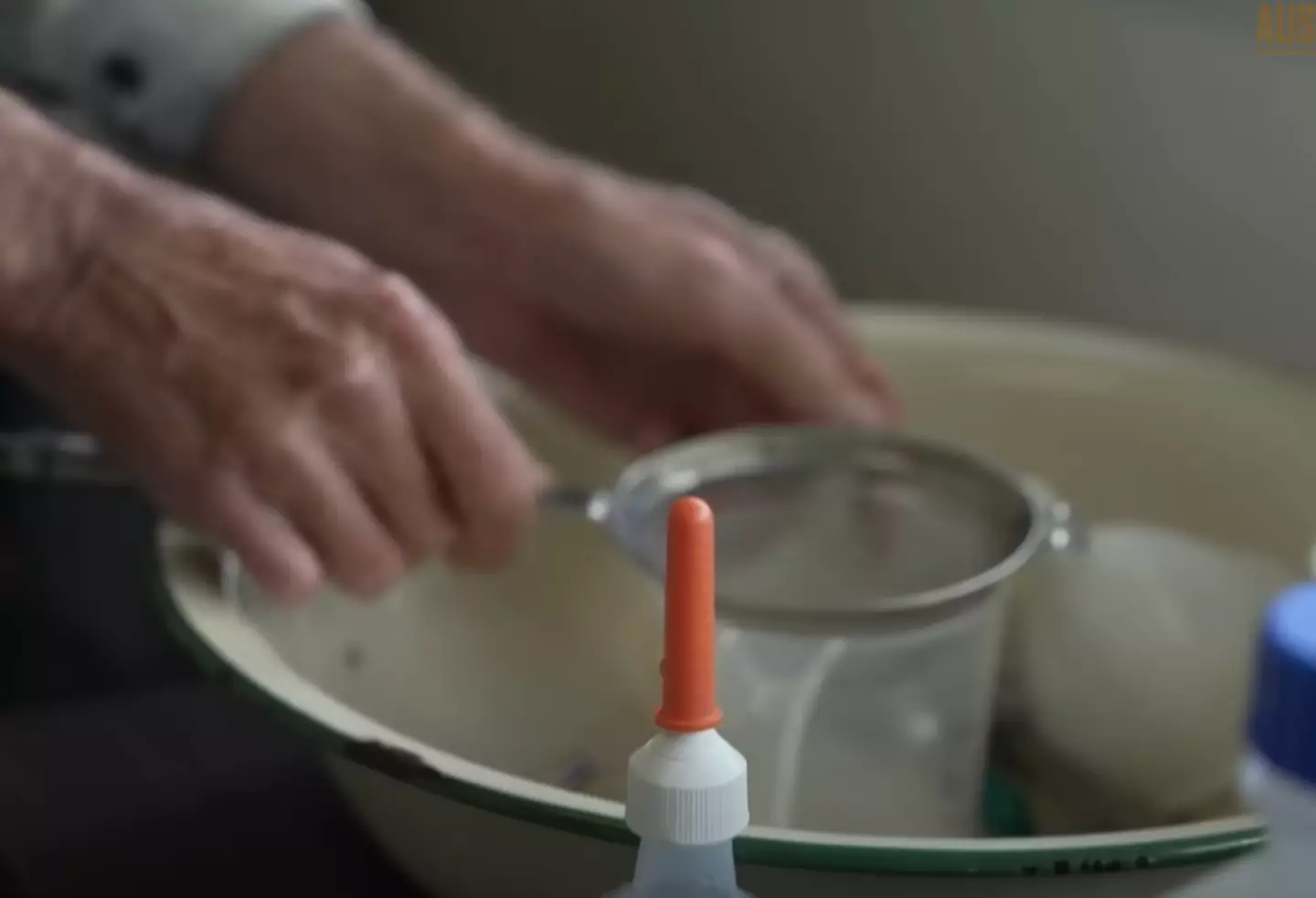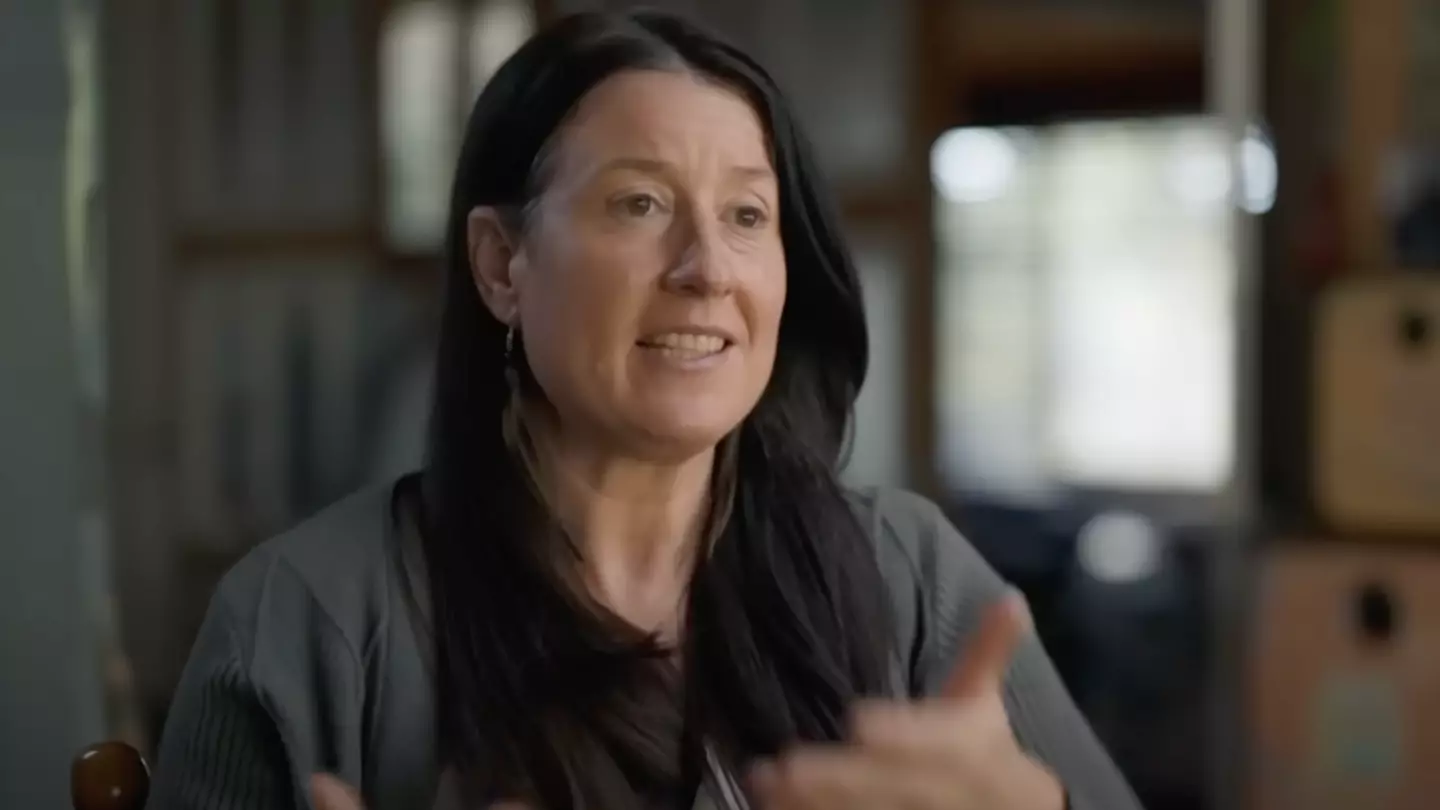Before we delve into this story, it’s crucial to issue a warning: do not attempt this at home.
This narrative involves significant health risks and details how a woman with bipolar disorder claims that using her partner’s fecal matter transformed her life.
The idea to help Jane Dudley was initially proposed by her partner, Alex, who recommended considering fecal transplants as a method to address her bipolar disorder.
According to the Mayo Clinic, bipolar disorder is a mental health condition characterized by extreme mood swings, which include emotional highs, known as mania, and emotional lows, known as depression.
For Jane, this condition robbed her of many things, including friendships, educational opportunities, and career prospects.
“I lost 18 years of life that I will never get back,” she shared in an interview with ABC News In-Depth.

Jane was upfront about her condition when she met Alex, who she described as someone with a mind ‘constantly looking for research’.
Alex stated: “I’d heard about the gut microbiome, the microorganisms involved in digesting and processing our food, and also transferring all sorts of good feelings to us via the gut-brain axis.
“A lot of the precursors for dopamine and serotonin are actually produced in the gut. And I knew that Jane’s depression was caused by not having access to dopamine and serotonin. And I was like, well, maybe if we fix up the gut, it’ll allow those things to reach your brain.”
After discovering a study where a rat became depressed after receiving the feces of a depressed person, Alex speculated whether a reversed ‘poo transplant’ could potentially benefit Jane.

Jane acknowledged that they ‘didn’t realize at the time’ the dangers involved, with Alex noting that any diseases he carried could be transmitted to her.
Despite the risks, they decided to proceed as a ‘shot in the dark’. Alex blended his feces with a saline solution and administered it to Jane.
The couple conducted the procedure multiple times, but for around three months, there was no change.
Eventually, Jane remarked: “Then the magic started happening. I started to get out of bed earlier and I noticed my depression just becoming less and less and less.”
She began tapering off her medications, and although she experienced a single manic episode initially, she has been free of mania and depression since March 2017.
Jane elaborated: “I thought it was about time that I started to share my pretty phenomenal story of uh curing, yes, I’m using the C word, curing my bipolar one disorder through a pretty out-there experiment with poo.”
Following Jane’s story, psychiatrist Dr. Jessica Green initiated a pilot study on fecal transplants for depression, with other researchers joining after her successful experience.
However, Jane expressed an ‘ethical dilemma’ in publicizing her story, as it could potentially encourage a therapy that is ‘extremely dangerous if donors are not properly screened’.
Experts echo her concerns, emphasizing: “Selection of the donors has to be a scientific approach… you have no idea what they might be harboring in their gut.”
“We need to do a fully um scaled trial to see whether it actually works or not,” another expert added.

